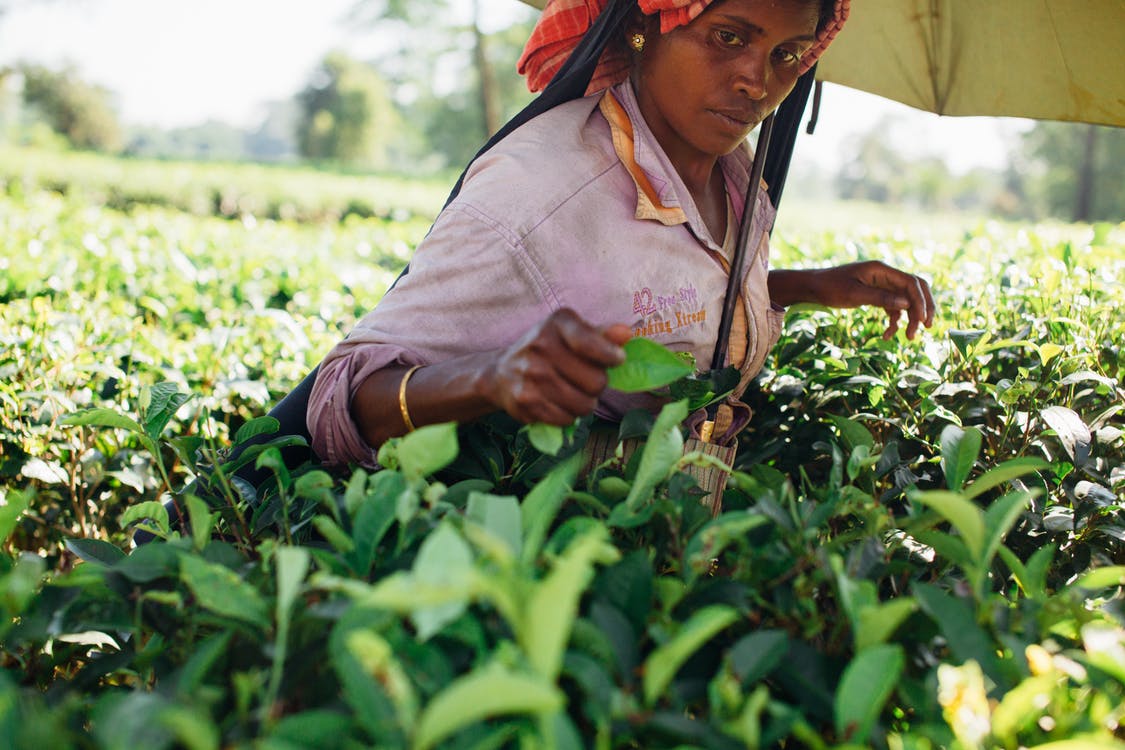
The fast on Ekadashi typically involves abstaining from certain foods, and some people may choose to eat only once during the day. The fast is believed to purify the mind and body, and devotees often spend the day in prayer, meditation, and other spiritual activities.
Each Ekadashi is associated with a specific legend or story from Hindu mythology, and devotees may choose to focus on different aspects of devotion or seek specific blessings depending on the particular Ekadashi. Some popular Ekadashi fasts include Nirjala Ekadashi, Vaikunta Ekadashi, and Mokshada Ekadashi.
It’s important to note that practices and traditions may vary among different regions and communities within the Hindu culture.
During Ekadashi, people who observe the fast often follow specific dietary guidelines. The exact rules can vary among different traditions and individual preferences, but here are some common practices:
- Fasting Foods:
- Many people choose to abstain from grains, pulses, and certain vegetables on Ekadashi.
- Fruits, nuts, and dairy products are generally allowed.
- Some people also avoid eating garlic and onions during Ekadashi.
- Allowed Foods:
- Fruits: Fresh fruits or dried fruits are often consumed.
- Nuts: Almonds, cashews, walnuts, etc., are commonly eaten.
- Dairy: Milk, yogurt, and paneer (cottage cheese) are generally allowed.
- Some people also consume specific Ekadashi-friendly flours, such as water chestnut flour (singhare ka atta) or buckwheat flour (kuttu ka atta).
- Fluids:
- Water, herbal teas, and fruit juices are usually allowed.
- Some people may also consume beverages like coconut water.
- Avoided Foods:
- Grains: Rice, wheat, lentils, and other grains are typically avoided.
- Non-vegetarian food: Many people abstain from meat and eggs.
- Certain vegetables: Some avoid certain vegetables like garlic and onions.
It’s essential to note that specific practices can vary based on personal and regional traditions. It’s advisable for individuals observing Ekadashi to follow the guidelines of their specific tradition or consult with religious authorities for guidance.
Remember that the purpose of the fast is not just to abstain from certain foods but also to use the day for spiritual practices, reflection, and devotion.



